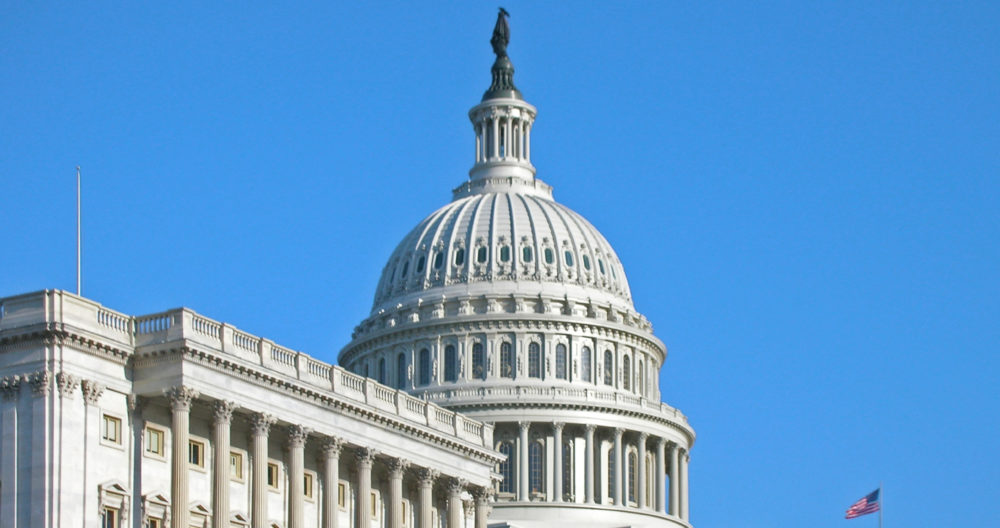In America, the people are sovereign. America is an exercise in self-government, i.e. government by the people. Decisions of governance are determined on the basis of the “public” will. But how do we measure the will of the public? How do we know what “the people” want? How do “the people” make decisions, collectively, to govern themselves?
America is not a direct democracy. The people do not govern themselves by plebiscite and referendum. The people do not directly make decisions of governance. America is a representative democracy. The people delegate decision-making authority to their representatives. Decisions of governance are made by these representatives, as agents of the people.
Thus, the public will is expressed, not through the results of plebiscites and referendums, but through the actions of our representatives. And the closest expression of the public will in our system of government are the actions of Congress, in particular the most (small-d) democratic branch of Congress, the House of Representatives.
The House is nothing more than a collection of representatives of the people. This is where self-government occurs, in that group of 435 (agents of the) people, sent to Washington to make decisions. How much control do the people have over these representatives? Arguably very little. If our representatives, in making decisions on our behalf, make bad decisions, the people really only have one recourse: vote them out.
By the same token, what if our representatives refuse to make any decisions at all? There is really nothing stopping them from coming to Washington, meeting in the Capitol for 5 minutes, and immediately adjourning for the rest of the legislative session. The people could beg them to go back, or protest in the streets, but they can’t really force their representative to represent them. The powers of (self-)government have been delegated to these agents of the people, for a two-year term. The people cannot take them back – the Constitution has no recall provision of this sort. The threat guarding against dereliction of duty like this is: you won’t get re-elected.
Notice how easily self-government can be thwarted. If the people do not make decisions of governance directly, and those they have entrusted to make decisions of governance on their behalf simply refuse or fail to act, then there is no government by the people.
So at minimum, the House of Representatives needs to be making decisions of some kind if we are to have self-government at all. But how does it make decisions? How do the decisions of governance in the House actually come about? You gather 435 people in a single room and ask them (in effect): what is the public will? Here are the agents of “the people” – what do “the people” want?
As shown, if these 435 people run out of the House chamber and refuse to answer the question, the people effectively do not have representation, and there is no self-government. But more realistically: there are simply bad ways for these 435 people to make decisions. The process by which these representatives of the people make decisions can be good or bad (regardless of whether the ultimate decisions made using that process are good or bad).
Suppose one of the 435 stands up and says, “I have the best ideas and I know the public will better than anyone. Give me power to make all decisions for the House and they will be the best decisions this House will ever make.” If the other 434 Members are convinced that this is a good plan, nothing prevents them from agreeing to make decisions this way. Just ratify the decisions of one individual. Simple, efficient – and thoroughly un-democratic.
Or suppose someone else stands up and says, “The public will is what we can all agree on. And therefore, any decision of this body must be carried unanimously. If any one of us objects, the action cannot be taken.” Again, if the other Members agree to this mode of proceeding, nothing prevents the House from making decisions in this manner. Unanimous consent of every Member, or nothing. Simple, inefficient – and democratic to the point of anarchy.
I would argue that these extreme points on the spectrum of decision-making in the House demonstrate that, just as self-government can be thwarted by the lack of decision-making by our representatives, self-government can also be thwarted by a bad decision-making process used by our representatives.
In short: the American experiment in self-government can be defeated by bad parliamentary procedure.
